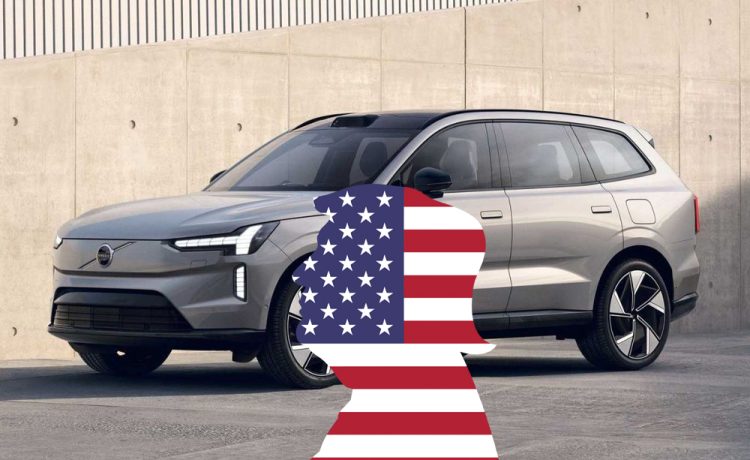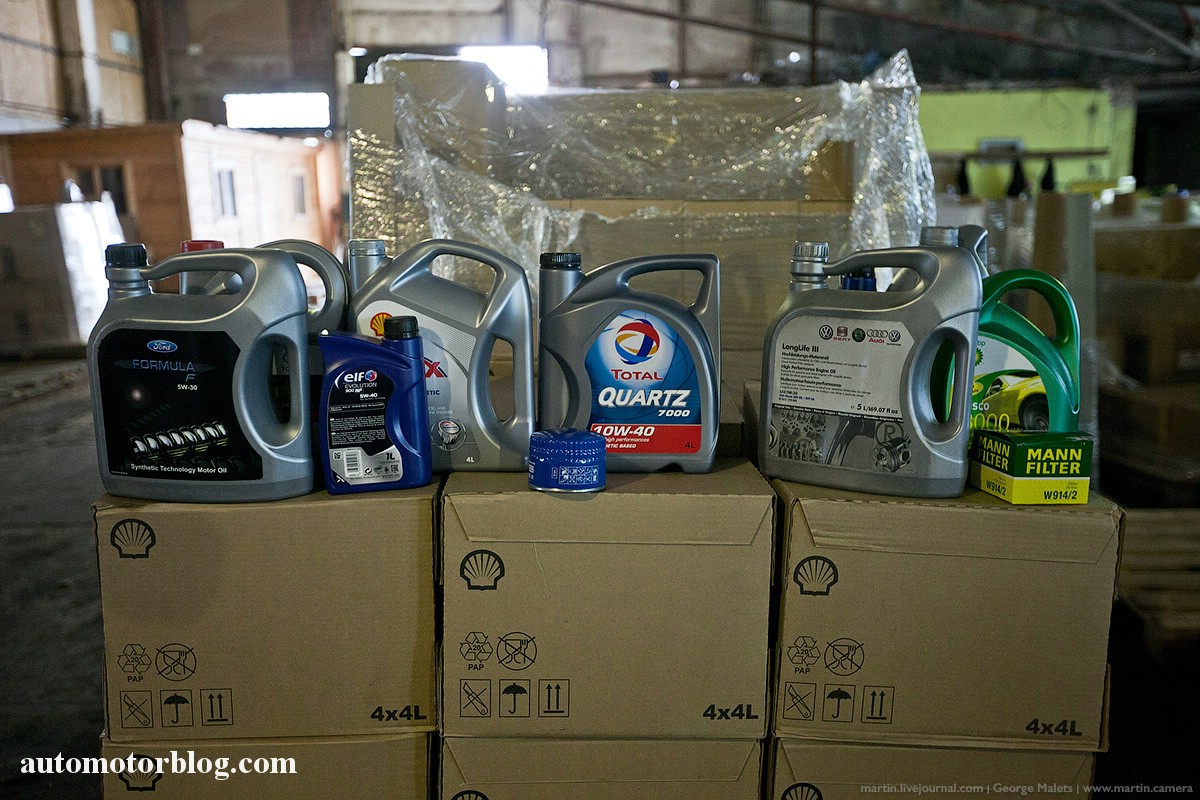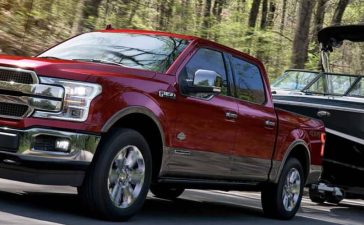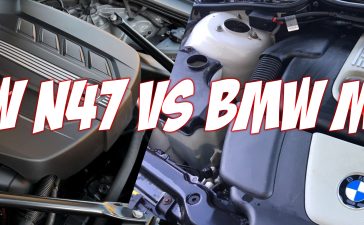One interesting example of having the effects of the new taxes is Volvo, the Swedish automotive company that recently began to transfer more of its production to the territory of the United States in response to the tariffs decided on by Trump’s administration. These taxes, which affect vehicles not assembled in the United States of America, have affected most car manufacturers, and this has included Volvo. Volvo has, however, been assembling cars in South Carolina, but it has only been assembling one model – the EX90 electric SUV. However, such a situation is set to change soon.
Volvo decided to locate a plant in the state of South Carolina, from where it will control its activities in the whole of America. The increase in company models is expected as Hakan Samuelsson plans to expand on how to produce more models locally. From the view of minimizing the impact of import tariffs in the United States, it is seen that Samuelsson’s vision is quite simple: to diversify the models produced in the U.S. Thus, Volvo is likely to change its approach and start concentrating, for example, on the production of such models as XC60, XC90. They both have mild-hybrid and plug-in hybrid derivatives that are in sync with the current technology.
Thus, the decision of Volvo is determined by more factors than just tariffs. Another factor that affects their strategy is that at present, most car buyers in America prefer to purchase SUVs over sedans or station wagons. Samuelsson has no interest in the American car market’s sedans or station wagons, although he has realized that Americans are after SUVs. This insight is quite useful for Volvo as they determine the next course of action for manufacturing their automobiles.
In this regard, I opine that Volvo’s strategy is quite realistic and suitable for the current market trends. This decision not only resolves the tariff problem but also harnesses the rising tendency of being an SUV country. Furthermore, the ability to step down from the production and selling of the S90 sedan in America next year, due to the Chinese import nature of the firm, proves flexibility. By concentrating on its more successful models, such as the XC40, XC60, and XC90, the company might be able to stand up to these pressures from the outside economy.
A recent planned visit by Samuelsson to the U.S. to meet with the dealers also underlines Volvo’s management commitment to making rational decisions. Thus, only if Volvo takes input from those who are directly involved with sales would it be possible for the company to align its production strategy with what is likely to be successful in America.
Therefore, the expansion of the car production by Volvo in the U.S. is strategic and reasonable given the economic conditions and consumer patterns. Their preferred sector of automobiles to produce, which is SUVs, fits very well with what their consumers have been yearning for. This strategic move not only avoids the tariffs but also places Volvo in a much better competitive environment in America. I am interested in how this change is bound to occur and what its implications are likely to be for Volvo’s future in the US market.
Thus, the evolution of Volvo proves that versatility is the key factor in the present-day automobile manufacturing process. Volvo’s strategy shows how it is possible to adapt to the production needs and thus, economic changes within the industry.












